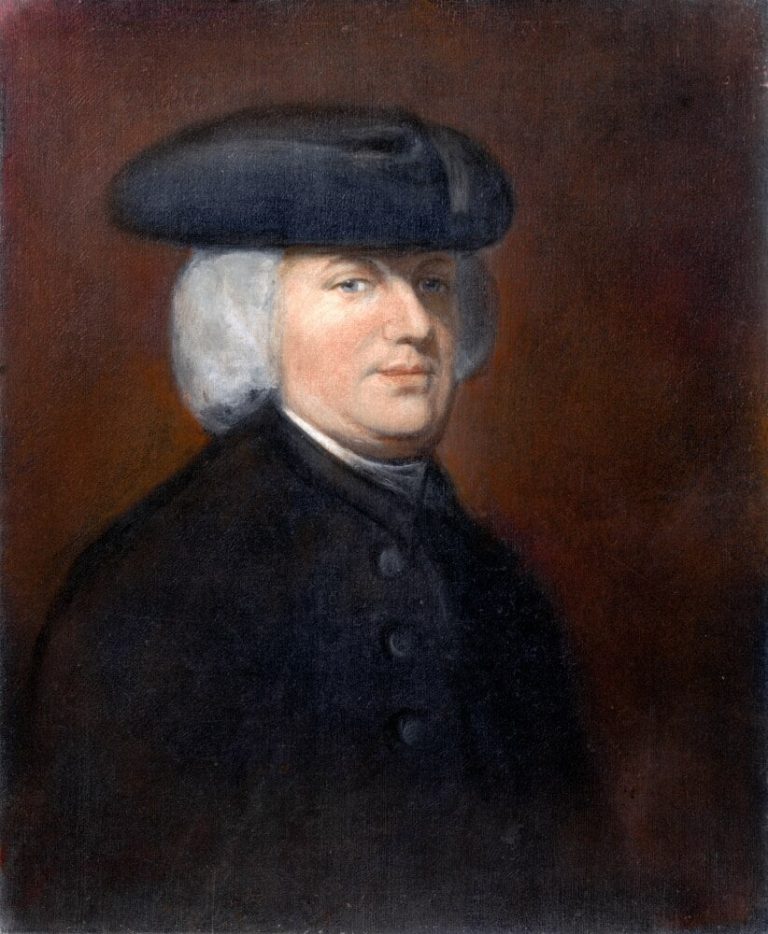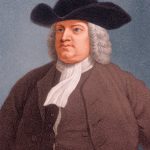Date of Birth: July 14, 1743
Zodiac Sign: Cancer
Date of Death: May 25, 1805
Biography
William Paley was a renowned English theologian, Christian apologist, philosopher, and utilitarian who made significant contributions to Christian apologetics. Born in Peterborough, England, Paley is best known for his works in natural theology, particularly his book “Natural Theology or Evidences of the Existence and Attributes of the Deity” published in 1802. This book was influential in the design argument for the existence of God, famously comparing the complexity of the universe to the workings of a watch, an argument known as the “watchmaker analogy.” Paley’s educational journey began at Giggleswick School, followed by Christ’s College, Cambridge, where he graduated in 1763. He remained at Cambridge as a fellow and tutor, where he was known for his engaging lectures and clear, logical style. Paley was ordained as a deacon in 1765 and as a priest in 1766, serving in various parishes. In addition to his theological pursuits, Paley was deeply interested in philosophy and ethics. His book “The Principles of Moral and Political Philosophy” (1785) was widely read and influenced the thinking of many contemporaries, including political figures and other philosophers. Paley’s contributions to theology and philosophy remained influential long after his death, shaping debates in both fields and continuing to be studied and discussed to this day.
5 Interesting Facts about William Paley
1. William Paley’s “Natural Theology” was seen as a cornerstone work in the argument for intelligent design.
2. Paley was a contemporary of Charles Darwin, and his works influenced Darwin’s thinking, despite Darwin’s eventual departure from Paley’s conclusions.
3. Paley’s “watchmaker analogy” has been frequently referenced and critiqued in both theological and scientific discussions about the existence of God.
4. He served as Archdeacon of Carlisle from 1782 until his death in 1805.
5. Paley’s work on moral philosophy, “The Principles of Moral and Political Philosophy,” was a key text in the education of generations of students in Britain and America.
5 Most Interesting Quotes from William Paley
1. “There cannot be design without a designer; contrivance, without a contriver; order, without choice; arrangement, without anything capable of arranging.”
2. “In crossing a heath, suppose I pitched my foot against a stone, and were asked how the stone came to be there; I might possibly answer, that, for anything I knew to the contrary, it had lain there forever.”
3. “Contrivance proves design; and the predominant tendency of the contrivance indicates the disposition of the designer.”
4. “The marks of design are too strong to be gotten over. Design must have had a designer. That designer must have been a person. That person is God.”
5. “It is a happy world after all. The air, the earth, the water, teem with delighted existence.”
Highest Net Worth Achieved
As a theologian and clergyman in the 18th century, William Paley’s net worth is not recorded in historical accounts. His wealth would have been modest, primarily derived from his ecclesiastical positions and book royalties.
Children
William Paley married Jane Hewitt in 1795. The couple had eight children together, though several of them died young. His surviving children included George Paley, who followed in his father’s footsteps to some extent by pursuing a career in the church.
Relevant Links
1. [William Paley Biography – Britannica](https://www.britannica.com/biography/William-Paley
2. [Natural Theology – Project Gutenberg](https://www.gutenberg.org/ebooks/14780
4. [Stanford Encyclopedia of Philosophy – William Paley](https://plato.stanford.edu/entries/paley/
5. [The Watchmaker Analogy – Wikipedia](https://en.wikipedia.org/wiki/Watchmaker_analogy


